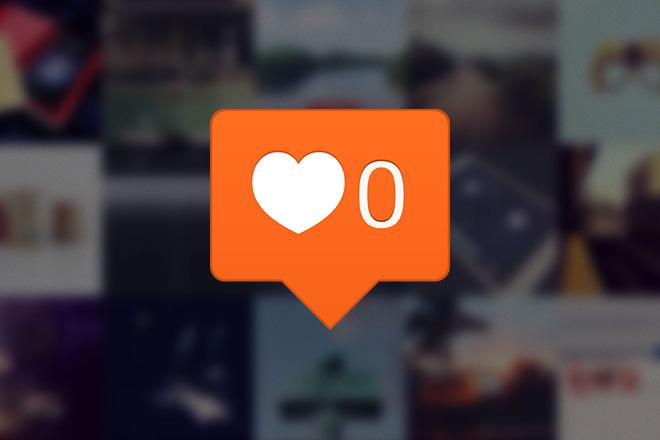Life on Social Media: The Value of a “Like”

Social media in the last few years has gotten a bad rep for causing depression and anxiety, specifically in the form of FOMO (fear of missing out). As a millennial, by default, I am an active member of the Facebook, Instagram, and Snapchat communities. Social media is a shark tank of the hot-or-not, and I feel sorry for the kids growing up with smart phones in their hands. I think one of the greatest things about my generation is that we grew up in a time before touch screens and selfies. We played outside and we learned to converse and interact with #nofilter – what you see is what you get, and this is a concept that I fear future generations won’t understand.
Social media has grown to be more than a place to chat online and share photos from your vacation. It has become an arena where you receive justification that you are witty, have good taste in photo filters, or that your life is by some arbitrarily generated scale “cool.” On the regular, I hear comments like, “he commented, but didn’t like my photo!” and “what if nobody likes it.” I’ve even witnessed my friend take down a photo on Instagram only twenty minutes after she posted it because it wasn’t “getting enough likes.”
But what is the value of a “like”?
Why is so much time spent choosing the perfect filter, or the perfect caption? In the end I think it’s not really the like that is significant, but instead it’s the absence of the "like". Social media has reached a level of significance that many of my millennial counterparts are scared to represent themselves online in any other way than that in which will deliver the most positive feedback. This phenomenon is concerning. Is a photo of a sandwich worth more if the contrast is increased a bit to show the detail in the lettuce, but not too much as to create harsh shadows on the rest of the image? Will the experience of petting a Bengal tiger in India gain or lose value depending on what the caption of your photo says? And most importantly, how will your life be different if you don’t receive the number of likes you strive to obtain?
(Photo from LinkedIn)Some, like fashion and beauty editor Olivia Muenter, would say that showing only the presumably good aspects of your life on social media allows you to be your “best” self online. This is an art form. There are specific techniques and methods (choosing filters, complimenting with hashtags, picking the perfect captions, and emojis) to use as a foundation, and the “likes” serve as a way to gauge how well your creations fit the artistic model.
Others say that the act of carefully crafting your social media posts is part of a game. The photos and words you choose are more than just a way to show the digital world where you are and what you’re doing; they are a way for you to earn a sense of respect by showcasing this information in a way that will stand out in a live feed of social media users. The “likes” act as points that contribute to your score.
Alternatively, some will use social media platforms to gain sympathy and bring attention to their hardships, such as the death of a loved one. Social media “likes” are often used as a way of filling a void, or making them feel better about a difficult time (“my boyfriend dumped me, but at least I have a lot of ‘likes’ on this selfie”). On Tuesday during a Q&A session, Mark Zuckerberg announced that Facebook users, due to popular demand, will soon have an option other than “like.” While the button won’t necessarily read, “dislike,” it will allow Facebookers to say, “I sympathize” or to express solidarity and condolences on emotional posts where “like” seems to be an odd fit.
No matter the situation, people will always find ways to create competition. I can’t say that I have not fallen victim to the Instagram game. I’ve grown to be selective about which photos I post, and even consider what time of day to post them to ensure maximum visibility (after work at 5:00 pm, for example). I am aware, however, that it is a game and being “Insta-famous” rarely equates to real-life fame. What concerns me most about the power of the “like” is the skewed idea of self-appreciation and presentation that the next generation will be born into. I fear that having a specifically shaped and molded online presence will replace the crucial act of finding yourself in hobbies and personal styles; that hiding behind a screen and counting “likes” will stifle imagination and creativity.








